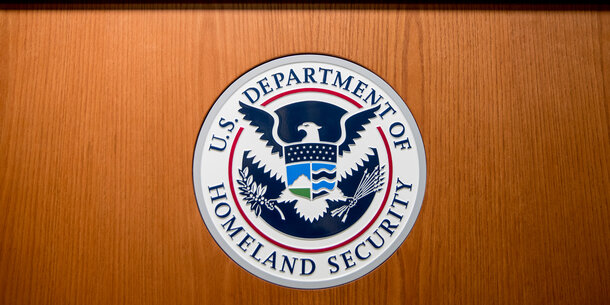Section 702 authorizes warrantless surveillance, and therefore may only be targeted at non-U.S. persons outside the United States. But the surveillance inevitably sweeps in enormous volumes of Americans’ communications, because Americans communicate with foreigners. If the government’s intent were to eavesdrop on these Americans, it would have to get either a warrant (in a criminal investigation) or a FISA Title I order (in a foreign intelligence investigation). Accordingly, to prevent the government from using Section 702 as an end-run around the Fourth Amendment, Congress directed the government to “minimize” the retention and use of these “incidentally” collected communications of Americans.
Instead of following this directive, the FBI, CIA, and NSA routinely search through Section 702 data for the express purpose of finding and reviewing Americans’ phone calls, emails, and text messages. The FBI conducted 200,000 of these “backdoor searches” in 2022 alone. An authority that is supposed to be targeted only at foreigners has thus become a powerful domestic spying tool.
Below is a two-pager that details why the base bill, which closely tracks the "reforms proposed by the House intelligence committee, is carefully crafted to preserve the status quo when it comes to backdoor searches.
BCJ Two-pager on Warrant Amendment 2–13 by The Brennan Center for Justice on Scribd




